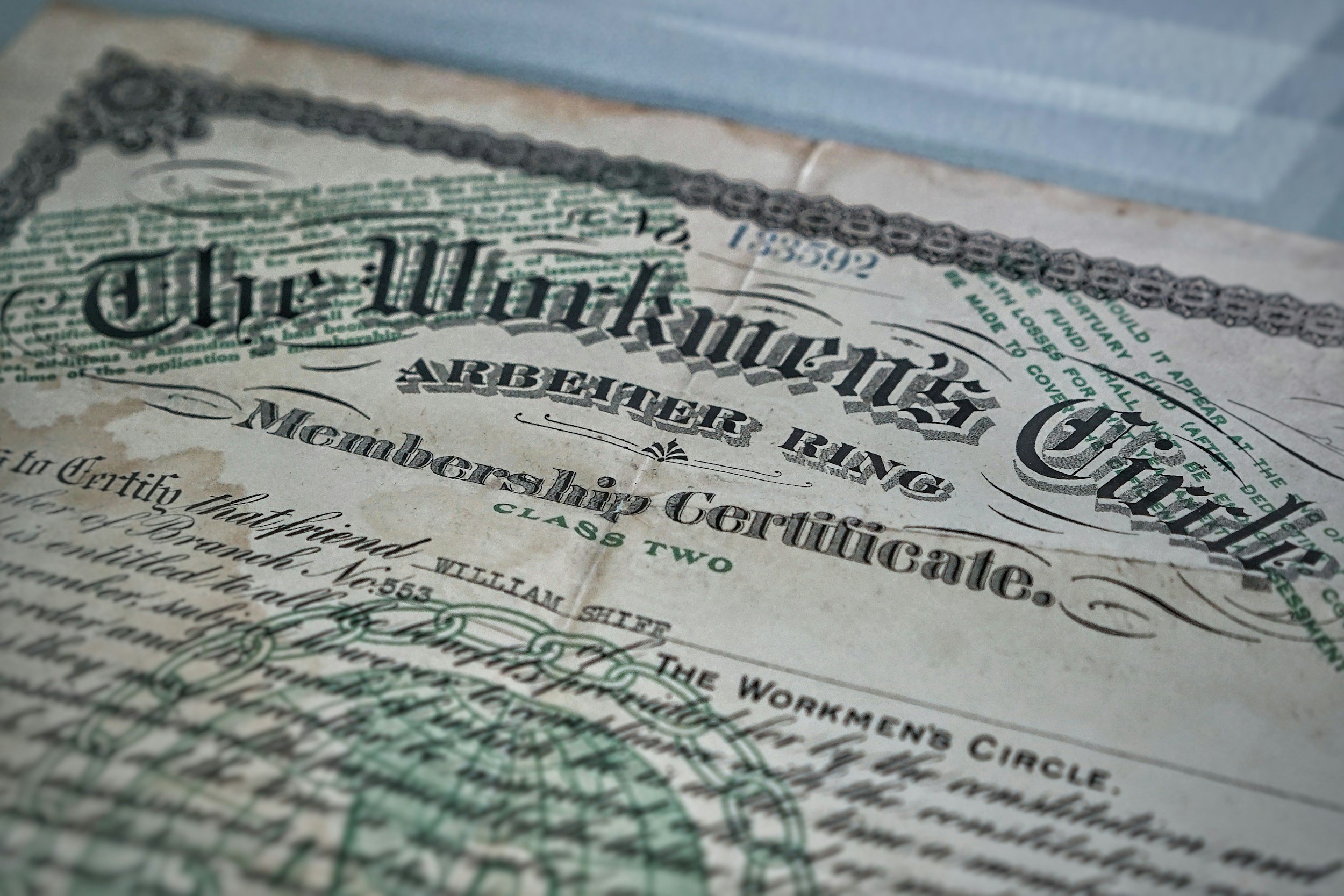One of the biggest decisions that every business owner faces is how to organize his or her business so that it functions smoothly. Common vehicles for owning a business in Florida include the LLC, the C corporation, the S corporation. The alternative is for the individual owner to own his business outright as a sole proprietor.
There are several issues that should be considered by the business owner in order to determine the best vehicle for business ownership:
-liability of individual business owners for the business’s debts
- how income received by the business is taxed, and whether the income will be taxed again when it is filtered down to the business owner
- the number of owners, and the types of ownership interests that are to be created in the business
-the business owner’s tolerance for paperwork and administrative formalities
-the size of the business and how much it is likely to grow over time
- what kind of asset protection, if any, a particular business entity will provide against judgment creditors of its members -
Limitation of personal liability for actions taken by the business is a top concern for many business owners. All species of corporations and LLCs offer business owners important liability protection.
Following is a summary of the prominent features of these business vehicles:
The C Corporation
A C Corporation is the ideal business model for a large business, in that its equity is owned as stock by many shareholders and its managers are generally not the primary owners. The corporations that are listed on stock exchanges are organized as C corporations . Both C and S corporations are organized by shares and allow for the creation of multiple types of ownership interests. The difference is that a C corporation’s income is taxed on two levels: the company’s income is taxed at the corporate level, and then the dividends that get distributed to the shareholders are taxed as the shareholders’ personal income. As stated below, an S corporation allows for a pass-through of corporate income to individual owners, so that taxes are only paid at the shareholder level. Another difference between a C corporation and the other entities is that the former requires the observance of more formalities.
A C corporation , a traditional corporation, effectively insulates its shareholders from personal liability for the entity’s activities. It is well-suited for dividing ownership among different classes of stockholders, and is the preferred vehicle for large businesses and businesses that intend to finance growth through sale of stock. On the down side, a C corporation entails substantial corporate formalities and taxes income received by the business as well as dividends paid to stockholders
The LIMITED LIABILITY COMPANY
The Limited Liability Company is an entity that limits the liability of small business owners and allows for a different styles of management and taxation. The LLC has become a favorable choice for small businesses because they are inexpensive to set-up and can be tailored to the size and business objectives of the business owners
A Florida LLC can be managed by members or by a group of managers. An LLC’s management structure is defined by an operating agreement. Absent such an agreement, the default rules of the Florida Limited Liability Act apply. These rules state that each member or manager of an LLC has the power to independently manage the business. The operating agreement can also define how the LLC makes decisions, how it distributes profits and losses, and the contributions and equity shares of members.
A Florida LLC provides its members with charging order creditor protection by limiting a creditor's ability to seize or control the LLC’s assets in the event of a member's personal debt. Instead, a creditor who obtains a charging order is only entitled to the debtor-member's share of any distributions made by the LLC, without gaining voting rights or management control. This protection helps preserve the LLC's operations and the other members' interests, as the creditor cannot force the LLC to make distributions or liquidate assets. This topic is governed by Florida Statutes § 605.0503. Note that this type of creditor protection is only available to a multi-member LLC.
An LLC also offers the small business owner a significant tax advantage over a C corporation. LLCs are pass through entities, so all profits made by the business pass directly through the company to the owners. The individuals members of the LLC receive profits or losses based on their ownership share, and then report them on their personal tax returns.. Because of the pass through of profits and losses, the LLC member pays taxes only once, while corporate income gets taxed twice.
In summary, the LLC has become the most popular vehicle for the small business owner who wants to limit liability and tax exposure and deal with few corporate formalities.
The S Corporation
An S Corporation is a tax designation that the IRS allows closely-held corporations to make. It provides for the pass-through of the profits and losses of the company to its shareholders. A corporation eligible for S corporation status if it:
· Has no more than 100 shareholders,
· Has shareholders who are all individuals (exceptions are made for various tax-exempt organizations, estates, and trusts)
· Has no nonresident as shareholders, and
· Has only one class of stock.
The S corporation offers a tax advantage over an LLC in that its can pay themselves a salary (subject to FICA tax and other withholding requirements), while the remaining net earnings can be distributed to them as passive dividend income not subject to self-employment tax. The earnings of an LLC, by contrast, are all counted as personal income to its members, therefore subject to self-employment tax.
When it comes to limiting tax exposure, it appears that a small business owner can have his cake and eat it too. The IRS allows LLCs to elect to be classified as S corporations and reap the savings of pass-through taxation.. This arrangement provides the small business owner with the flexibility of management offered by an LLC, and the tax savings of an S corporation.
The LIMITED LIABILITY PARTNERSHIP
LLP stands for Limited Liability Partnership. Both LLCs and LLPs limit the personal liability of their owners for the actions of the respective business entities. Unlike a LLC, a LLP is a type of partnership, so it must have more than one “partner.” LLPs are governed by the Florida Revised Uniform Limited Partnership Act.
In a Florida LLP, partners are categorized as either general partners or limited partners, each with distinct rights and liabilities. A general partner usually has the authority to manage the day -to-day operations of the business. A general partner may be held personally liable for his own actions, however, he is not liable for the wrongful acts of other partners. A limited partner, on the other hand, does not have management authority and is usually a passive investor. Importantly, the limited partner’s liability is generally limited to the amount of his investment in the LLP. He would not be personally liable for the actions of the general partners, nor any debts of the LLP in excess of his contribution.
LLPs are taxed like general partnerships. The owners report their income and expenses on a partnership tax form and the business’s profits or losses are passed through to their individual tax returns, similar to the tax treatment of LLCs. Importantly, all profits of LLCs and LLPs are taxed regardless of whether they are withdrawn from the business.
All partners in an LLP equally share responsibility when it comes to managing and making decisions for the business. They also share equally in the business’s profits and losses. An LLP is a good set-up for a small group of owners, who each want to take an active role in management of the business. An LLC, on the other hand, allows for a variety of management styles.
Selecting an appropriate entity is a vital part of establishing a new business. A business owner should carefully assess the tax, legal and operational rules of each business entity before deciding which one is the best fit. He should consult a lawyer and an accountant to assist in the decision-making process.
Contact attorney John Clarke at (305) 467-5560 with any questions concerning starting your Florida business.











